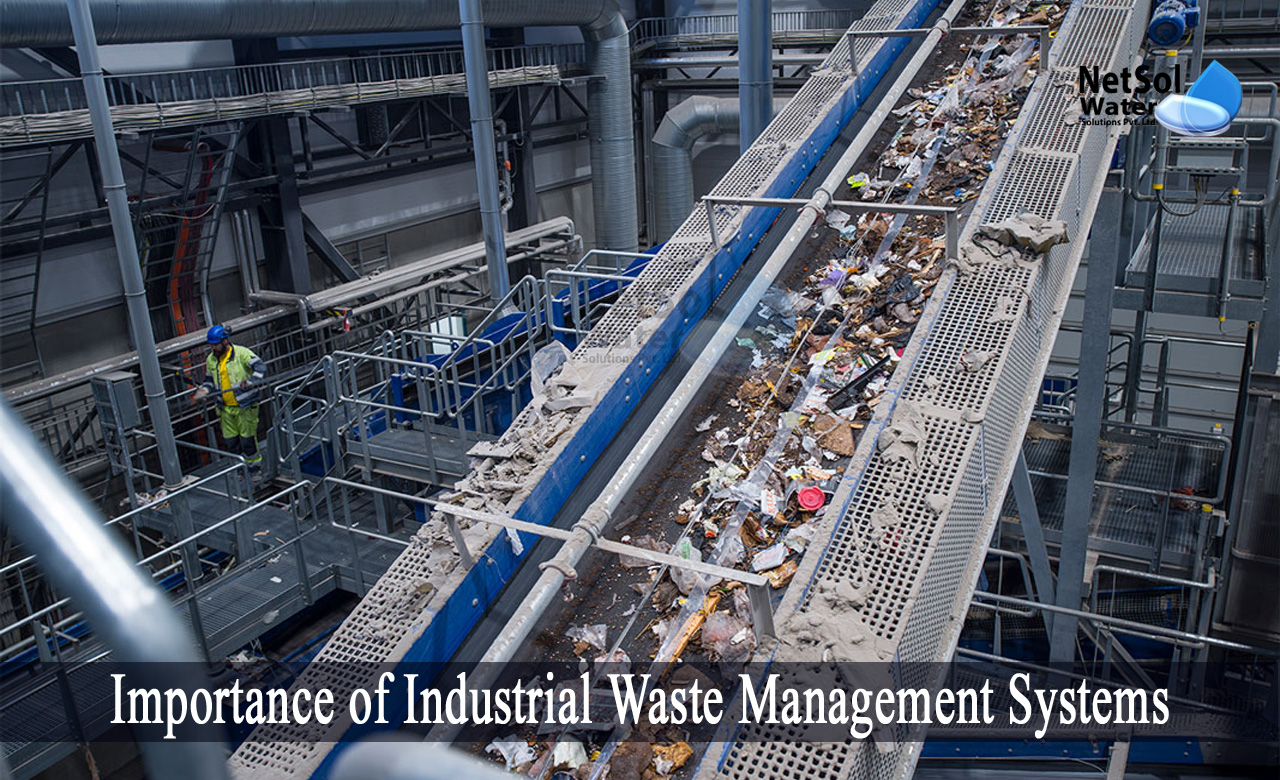Some Known Details About Reclaim Waste
Some Known Details About Reclaim Waste
Blog Article
The Buzz on Reclaim Waste
Table of ContentsExamine This Report about Reclaim WasteHow Reclaim Waste can Save You Time, Stress, and Money.Things about Reclaim WasteThe Ultimate Guide To Reclaim WasteSee This Report about Reclaim Waste
Domestic sewage waste refers to the waste and items from a household septic tank. The correct administration and disposal of domestic sewer waste call for fluid waste to be moved to a sewer therapy plant where the proper methods and equipment are applied to detoxify and dispose of waste.
Industrial waste frequently includes potential dangers, such as flammable materials or a blend of fluid and solid waste items, and requires an extra advanced and in-depth disposal process. The disposal of industrial waste usually includes the filtration of waste prior to transport to guarantee secure and correct disposal. Industrial waste is produced from by-products and overflow of industrial procedures and production.
This sort of waste can not use the same sewage monitoring transportation or processes as septic or industrial fluids. The industrial waste management procedure calls for the evaluation and testing of liquid waste before it goes through the disposal procedure (liquid waste disposal). Runoff waste is the liquid waste that originates from runoff and excess stormwater in extremely booming locations or cities
Overflow waste can create contamination and flooding otherwise dealt with correctly. Find out more about drain cleansing and waste management. Making sure appropriate waste management can stop disasters and lower environmental damage. Both individuals in domestic setups and professionals in commercial or production markets can take advantage of understanding the procedures and policies of fluid waste administration.
Everything about Reclaim Waste
Contact PROS Services today to find out about our waste monitoring and disposal services and the correct ways to care for the fluid waste you produce.
(https://www.callupcontact.com/b/businessprofile/Reclaim_Waste/9368278)This so-called 'wastewater' is not only a vital resource however, after treatment, will be launched to our land, waterways or the ocean. Made use of water from bathrooms, showers, bathrooms, kitchen sinks, laundries and commercial processes is recognized as wastewater.

water made use of to cool equipment or clean plant and tools). Stormwater, a kind of wastewater, is drainage that moves from agricultural and urban areas such as roofing systems, parks, yards, roads, paths and rain gutters into stormwater drains pipes, after rainfall. Stormwater flows neglected straight to neighborhood creeks or rivers, eventually getting to the sea.
Top Guidelines Of Reclaim Waste
In Queensland, most wastewater is treated at sewer therapy plants. Wastewater is transferred from domestic or industrial websites through a system of drains and pump stations, referred to as sewerage reticulation, to a sewer therapy plant. City governments develop, preserve and run most sewer therapy plants. Operators are licensed under the Environmental Management Act 1994 to discharge cured wastewater at an appropriate ecological criterion into waterways.
The Division of Natural Resources advises neighborhood federal governments concerning handling, operating and preserving sewerage systems and therapy plants. In unsewered areas, local governments might call for owners to install specific or family sewage therapy systems to treat domestic wastewater from bathrooms, kitchen areas, bathrooms and laundries. The Division of Natural Resources authorises making use of house systems when they are verified to be efficient.
Most stormwater obtains no therapy. In some brand-new neighborhoods, treatment of some stormwater to remove litter, sand and gravel has begun making use of gross toxin catches. Wastewater treatment takes place in 4 stages: Removes solid issue. Bigger solids, such as plastics and various other items mistakenly released to sewage systems, are gotten rid of when wastewater is travelled through displays.
Wastewater then streams into large storage tanks where solids settle and are removed as sludge. Oil and scum are skimmed from the surface. Makes use of small living microorganisms called micro-organisms to damage down and eliminate remaining liquified wastes and great fragments. Micro-organisms and wastes are integrated in the sludge. Gets rid of nitrogen and phosphorus nutrients that might trigger algal blooms in our rivers and threaten aquatic life.
Reclaim Waste Can Be Fun For Everyone
Nutrient removal is not available at all sewage therapy plants since it calls for pricey specialised devices. Clear liquid effluent generated after therapy may still have disease-causing micro-organisms - liquid waste disposal melbourne.

A lot of wastewater streams right into the sewerage system. Under the Act, neighborhood federal governments carry out approvals and permits for environmentally pertinent activities (Ages) including wastewater releases that might have a regional influence.
How Reclaim Waste can Save You Time, Stress, and Money.
Or else, examples are considered research laboratory analysis. Commonly many examinations are needed to establish the degrees of each of the various pollutants such as oils, heavy steels and pesticides in water. Tracking gives valid details regarding water quality and can verify that permit problems are being met. The info acquired via monitoring offers the basis for making water quality decisions.
Report this page